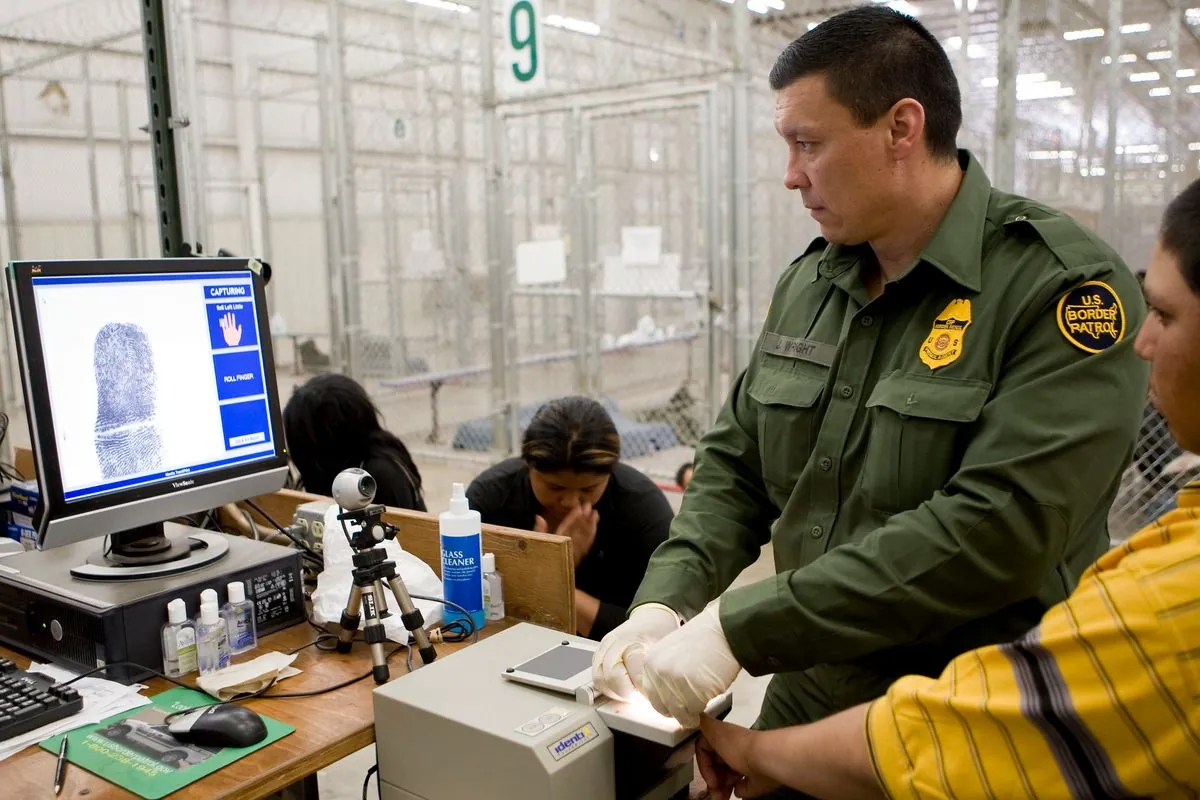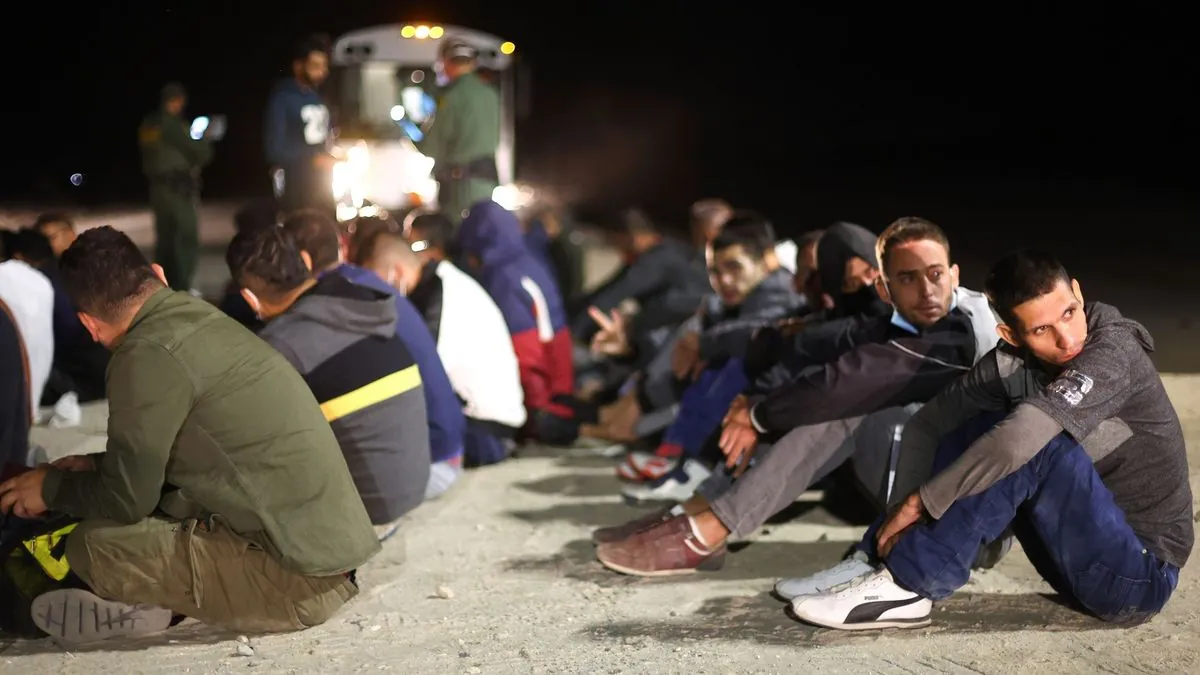US Pauses Humanitarian Entry Program for Four Nations Amid Review
The Biden administration temporarily halts a program allowing entry from Cuba, Haiti, Nicaragua, and Venezuela. The pause aims to review vetting processes for sponsor applications.

The Biden administration has temporarily suspended a humanitarian entry program for citizens of four countries while reviewing vetting procedures for sponsor applications. This program, part of an effort to promote legal immigration and reduce illegal border crossings, has faced criticism from Republican lawmakers who view it as excessively lenient.
The initiative permits up to 30,000 individuals monthly from Cuba, Haiti, Nicaragua, and Venezuela to enter the United States under specific conditions, including having a sponsor. Sponsors must be legal US residents with sufficient financial means to support the sponsored individual throughout their stay.
A spokesperson for the Department of Homeland Security (DHS) stated that the issuance of travel authorizations under this program has been paused "out of an abundance of caution" while they conduct a review of supporter applications. An anonymous DHS official revealed that new approvals have been on hold since mid-July 2024 to enhance screening and vetting processes, although the application portal remains accessible.

The DHS official noted that such processing pauses occur "fairly regularly" and anticipated that approvals would resume in the coming weeks. This temporary halt comes as the program faces scrutiny over potential fraud concerns.
The Federation for American Immigration Reform (FAIR), an organization advocating for reduced immigration levels, reported obtaining an internal review highlighting fraudulent activities within the program. These alleged issues include the use of fake Social Security numbers and multiple applications listing identical addresses.
"We have not identified issues of concern relating to the screening and vetting of beneficiaries."
In response, a second DHS official clarified that the draft report featured cases warranting further investigation but not necessarily confirmed fraud. The DHS emphasized that its screening of US-based supporters is separate from the vetting of program participants.
As of June 30, 2024, approximately 495,000 individuals from the four designated nations had entered the United States through this program. The initiative began for Venezuelans in 2022 and expanded to include Cuba, Haiti, and Nicaragua in 2023.
This humanitarian entry program is part of a broader historical context of US immigration policies. Since the Displaced Persons Act of 1948, the United States has implemented various humanitarian immigration programs. The current system, including the US Refugee Admissions Program (USRAP), was established by the Refugee Act of 1980.
The DHS, created in 2002 following the 9/11 attacks, plays a crucial role in managing these programs. As immigration remains a contentious issue in US politics, the current administration faces the challenge of balancing humanitarian concerns with security considerations.


































